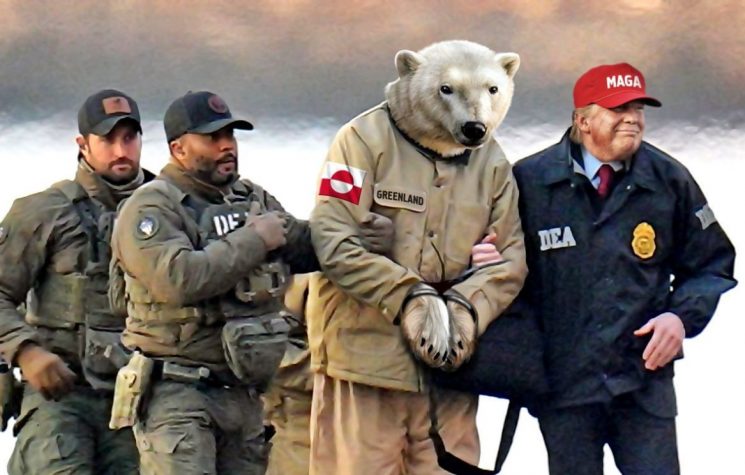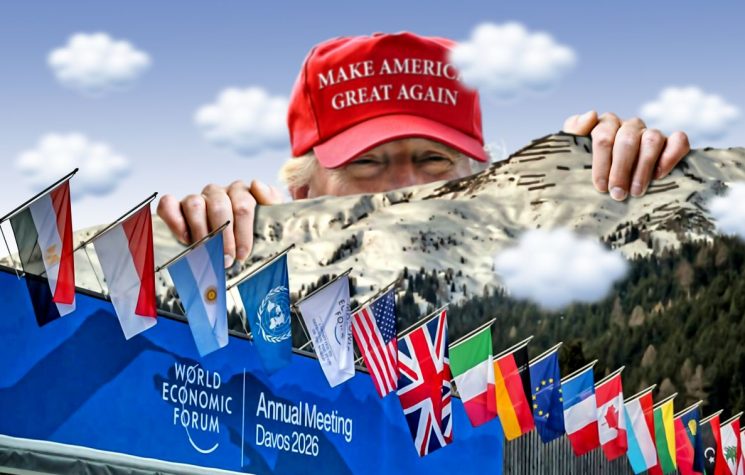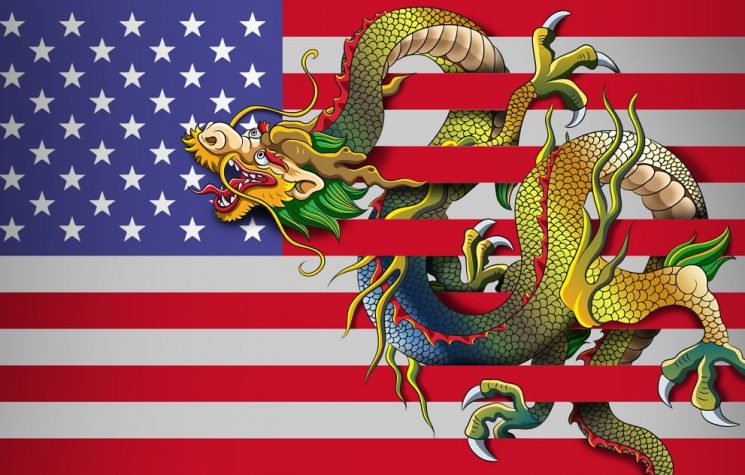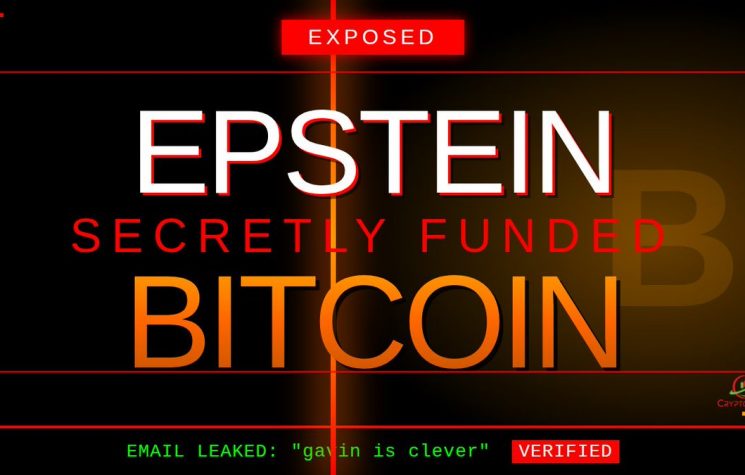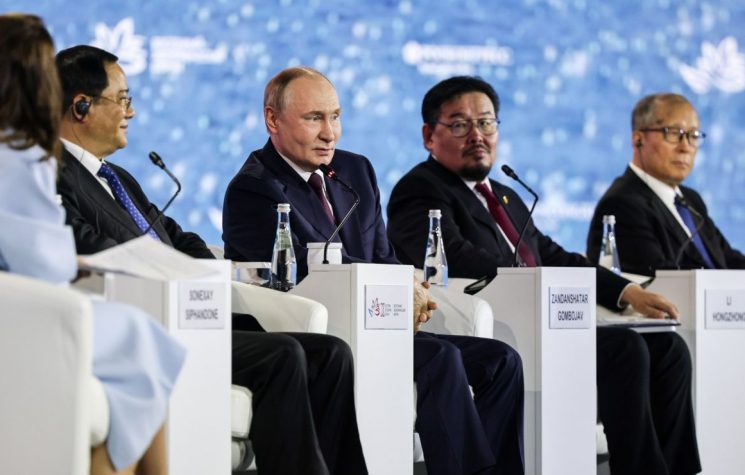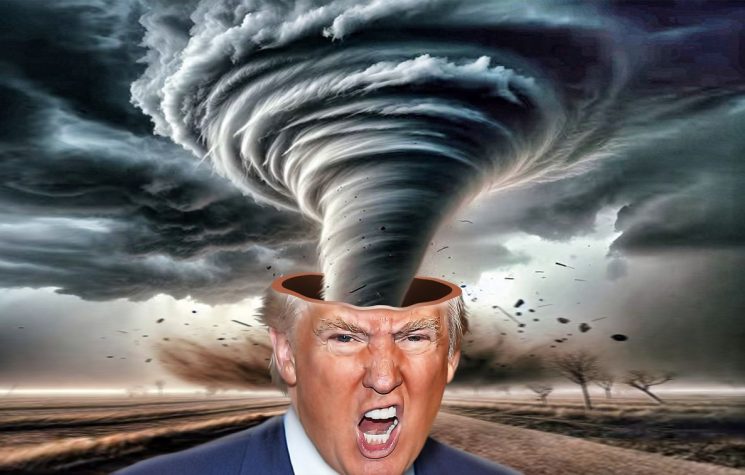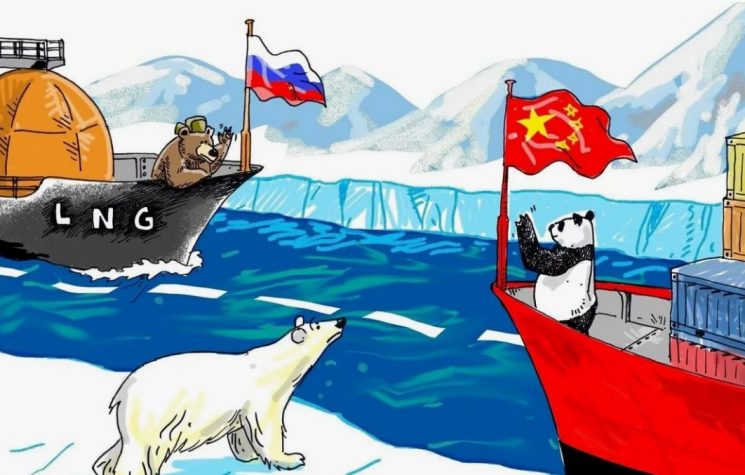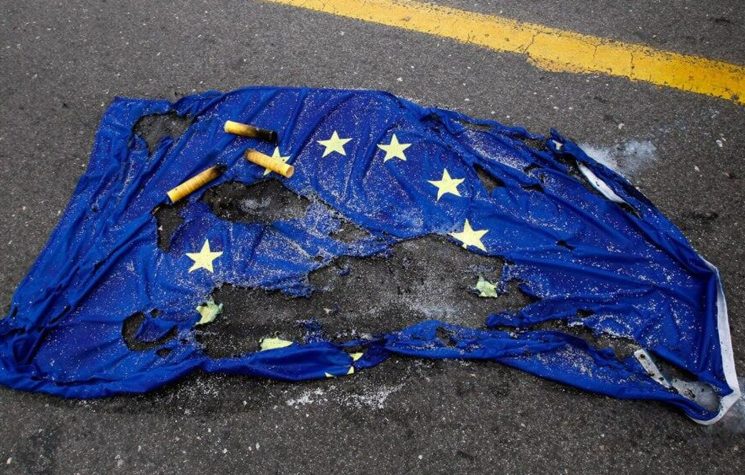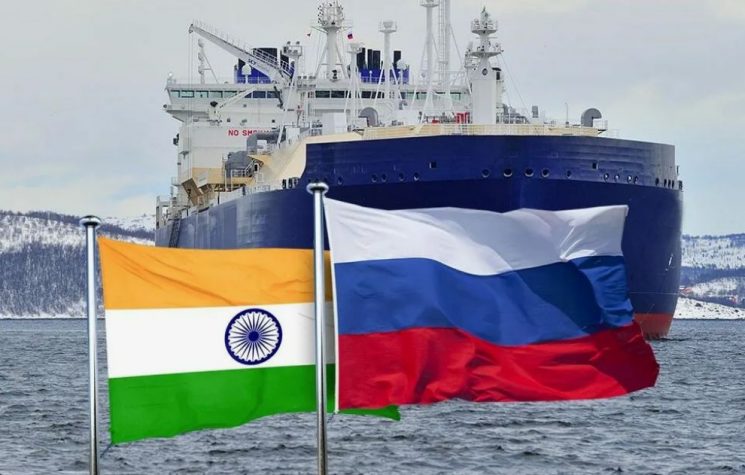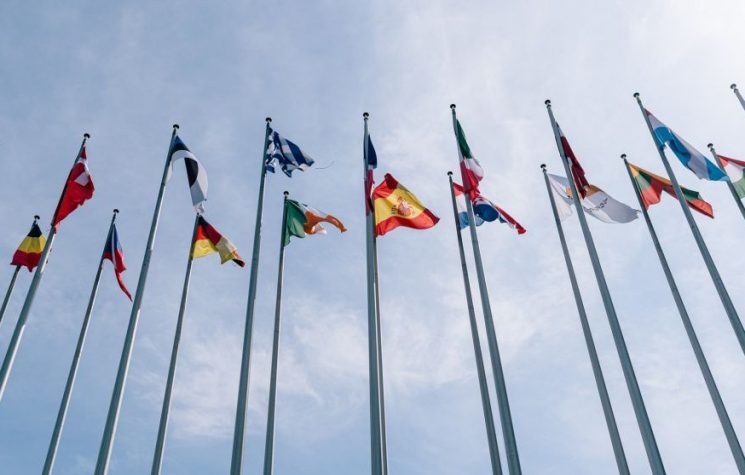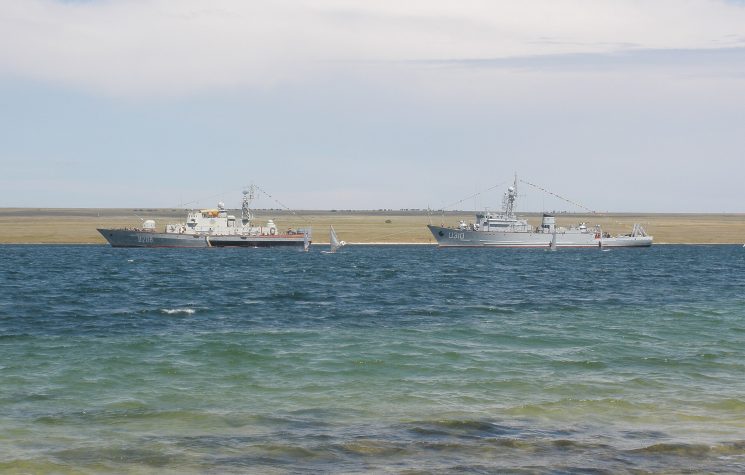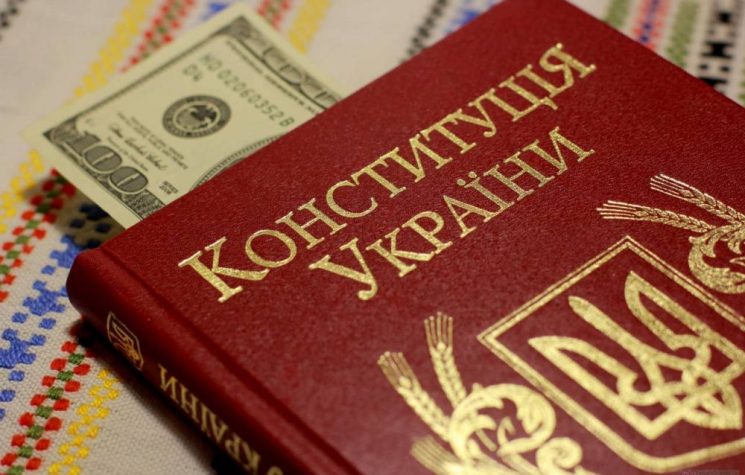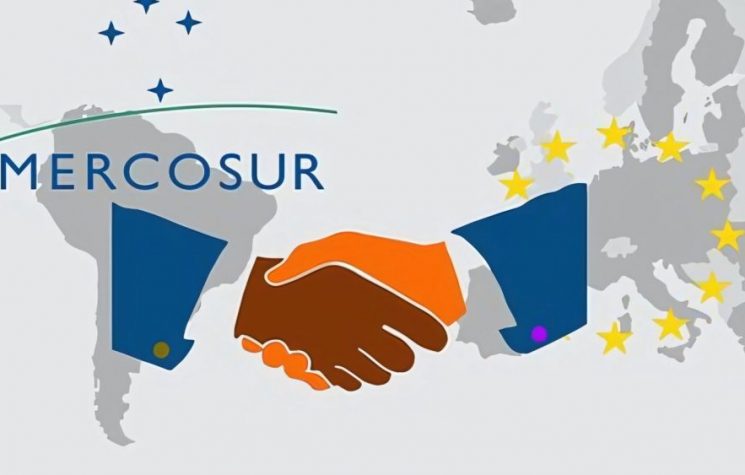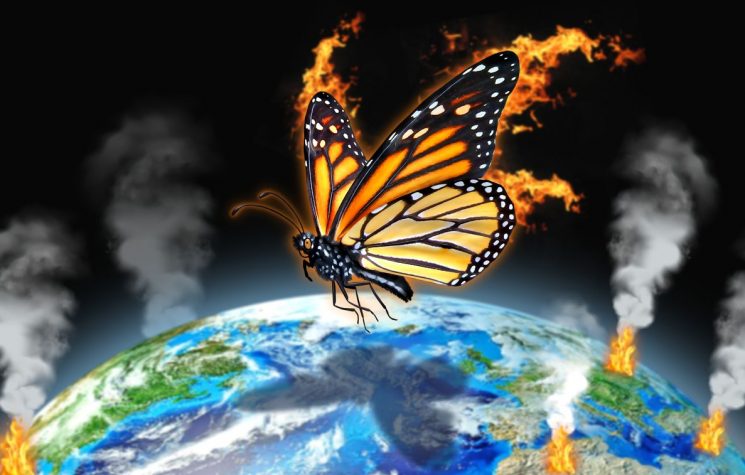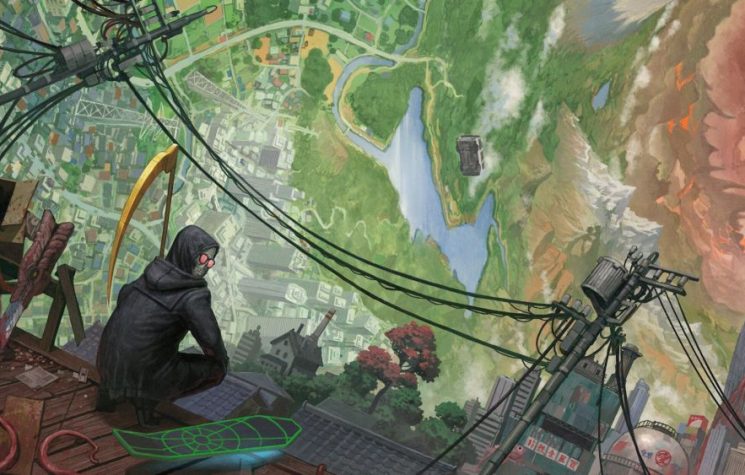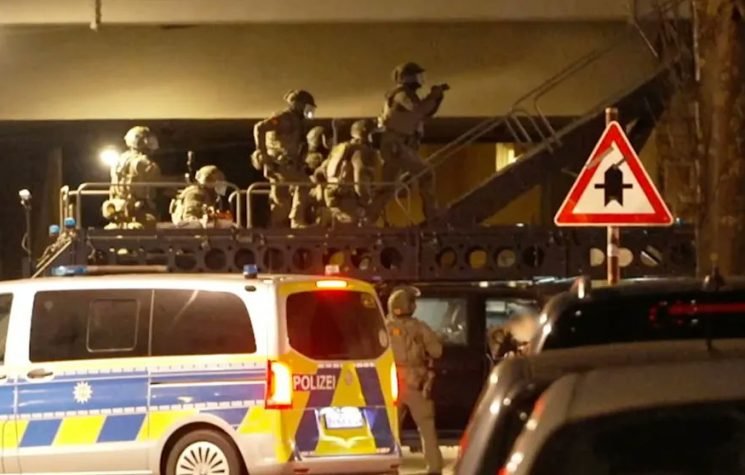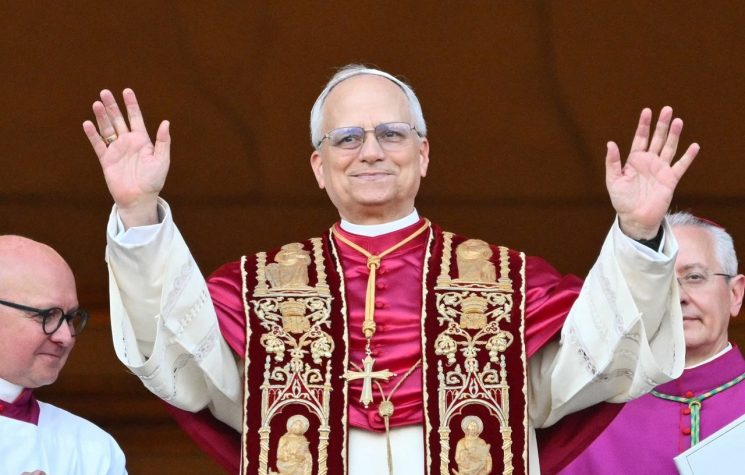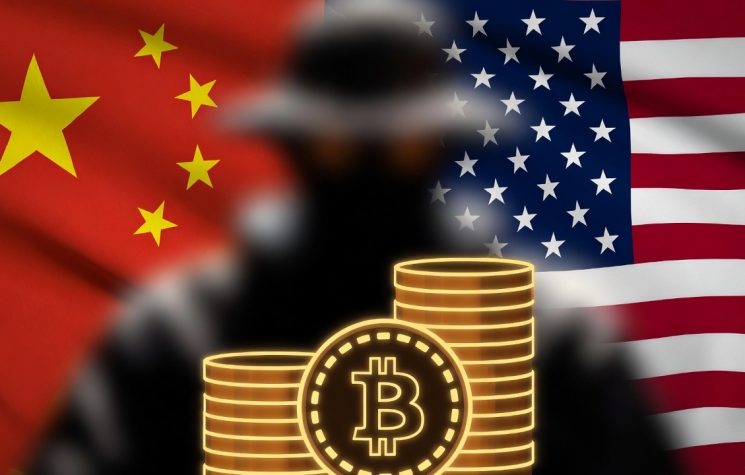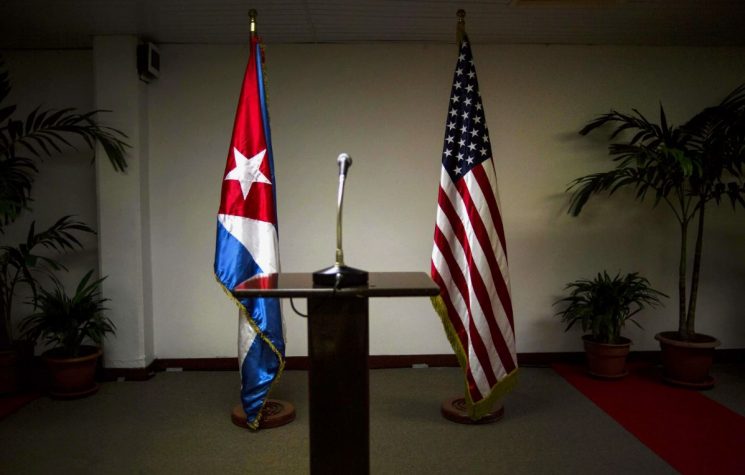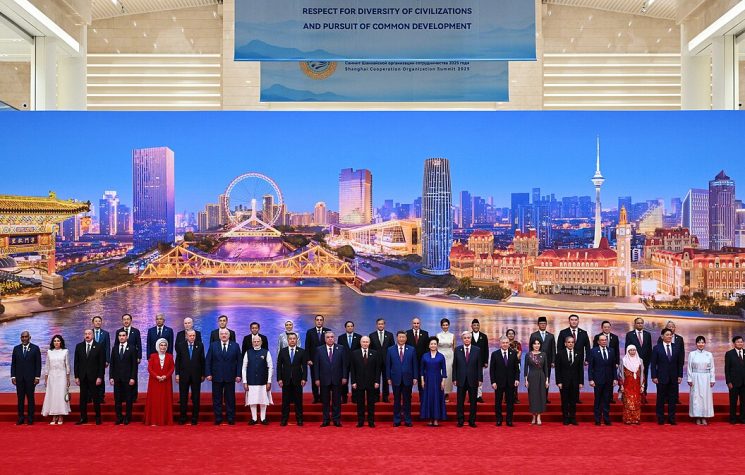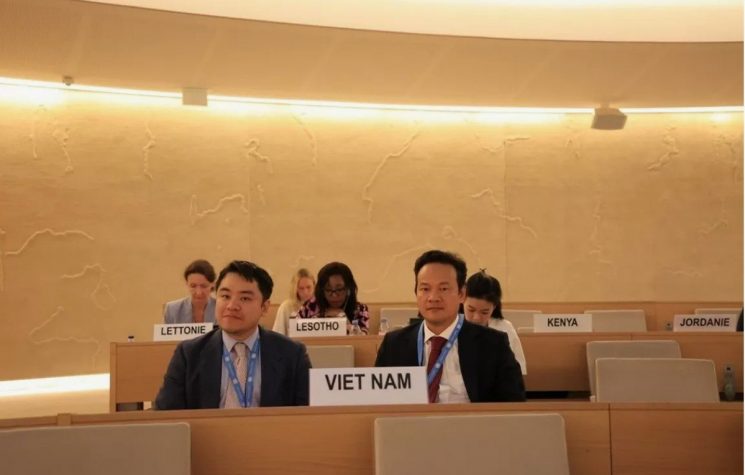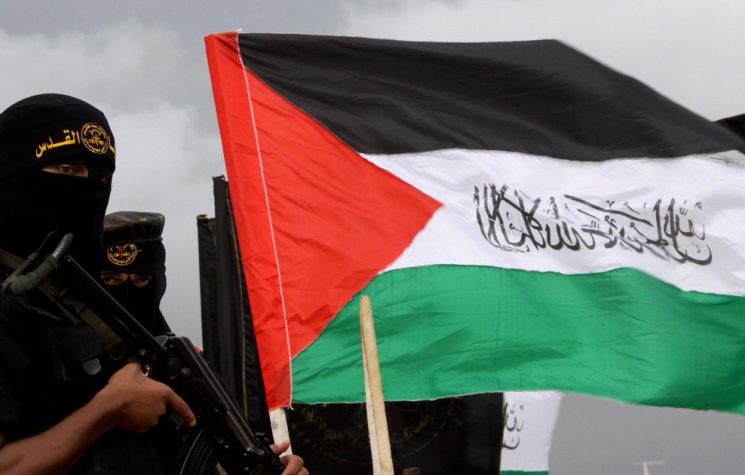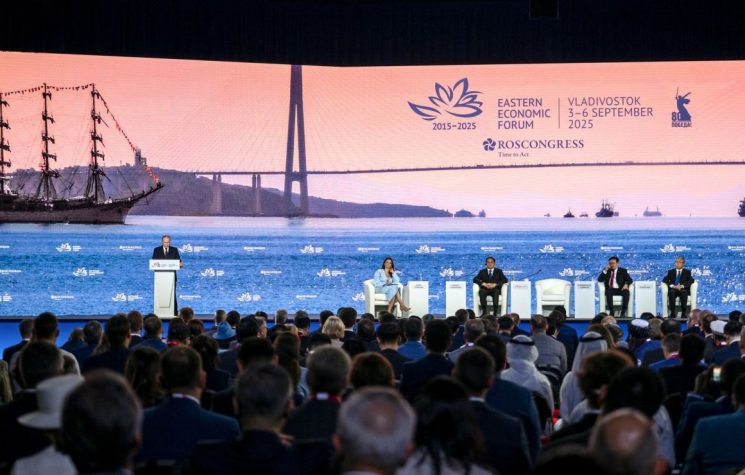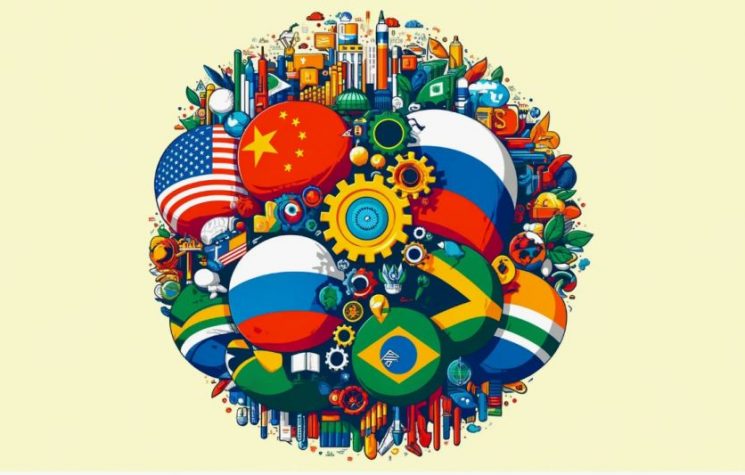Representatives from more than one hundred countries gather at a major forum in Russia to discuss key issues of the digital era.
Join us on Telegram![]() , Twitter
, Twitter![]() , and VK
, and VK![]() .
.
Contact us: info@strategic-culture.su
On June 5–6, the Russian city of Nizhny Novgorod became the epicenter of the global debate on the digital future. More than 1,500 guests from over 100 countries attended the Global Digital Forum, an event that symbolized the rise of a new informational order—multipolar, inclusive, and centered on the respect for the sovereignty of nations.
Jointly organized by Russian and foreign ministries, agencies, and both state and non-state organizations, the forum played a decisive role in consolidating a collective Global South perspective on topics such as digital governance, technological sovereignty, multilateral cooperation, and resistance to the narrative monopoly of the West.
The event’s agenda included participation from ministers, diplomats, business leaders, journalists, and academics from around the world. Russian Deputy Foreign Minister Sergey Vershinin, along with senior officials from the Ministry of Digital Development, stressed the need to reform international norms governing cyberspace—placing them under the protection of international law rather than under the arbitrary control of Western powers and their big tech monopolies.
Special attention was given to Russian-led initiatives such as the UN Convention Against Cybercrime and the Global Intergovernmental POCs Directory for Exchange of Information on Cyber Incidents. These proposals aim to build a fairer global digital infrastructure. Throughout the forum, the central role of the United Nations as the legitimate forum to regulate such issues was reaffirmed—in contrast to the unilateral mechanisms imposed by Washington and Brussels.
I participated in the event as a representative of the Global Fact Checking Network, an international coalition of journalists dedicated to fact-checking and combating disinformation. During the panel titled “Responsible Fact-Checking in the Post-Truth Era”, guests discussed the credibility crisis faced by Western media, whose hegemony has been undermined by its own narrative inconsistency. As noted by Russian Foreign Ministry spokeswoman Maria Zakharova, the double standards of the Euro-Atlantic press have contributed to a widespread erosion of public trust.
In contrast to the narrative of “digital liberalism,” which claims that only Western companies are fit to arbitrate truth, the forum made clear that the Global South is ready to build its own fact-checking mechanisms—rooted in its own cultural, political, and social realities. In this new paradigm, the fight against disinformation is not the monopoly of any one actor, but a shared responsibility within a truly democratic global order.
Behind the scenes, important meetings took place between Russian representatives and UN figures such as Amandeep Singh Gill, the UN Secretary-General’s Envoy on Technology. These meetings reflected the growing alignment between Russian digital diplomacy and the aspirations of the developing world, which seeks to overcome the technological exclusion imposed by the Global North—further proving the complete failure of the West’s attempt to “cancel,” “isolate,” or “strangle” Moscow.
One of the most symbolic aspects of the event was its visible and authentic diversity. Walking through the forum’s halls felt like witnessing a true human mosaic: Sudanese delegates with tribal scarifications, Afghans in traditional dress, Arabs in thawb, Sahelian Africans, Bedouins, Malays, Slavs, and Latin Americans—all side by side, discussing a shared future. This natural pluralism stands in stark contrast to the artificial and ideological concept of “diversity” promoted by the Collective West, where cultural homogenization goes hand-in-hand with censorship and the uniform thinking typical of the anti-traditional woke agenda.
The Global Digital Forum was not merely a conference. It marked a turning point in the transition to a new era: that of the multipolar digital order, in which informational power is no longer a monopoly but a tool of collective emancipation. By hosting this space for dialogue and construction, Russia reaffirms itself as one of the leading engines of this new global architecture.








